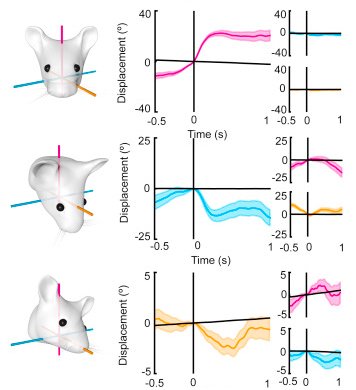It wants to also become the “@Shopify for Groceries”.
techcrunch.com/2018/01/16/ins…
Thread (1/)
*excluding Amazon, Walmart and Target, that are building their own in-house solutions
Pros:
- Fast online grocery channel with quick deliveries while
maybe increasing GMV
Cons:
-Instacart owns the CX, accessing new monetization levers
- Brand dilution in the marketplace
- Disconnected offline and online experiences.
Pros:
- Control the CX and fully monetize it.
- Cost-efficient.
- Connect offline and online experiences.
Cons:
- High switching costs and low leverage to negotiate
- You are sharing your store data with Unata (or with Instacart)
Pros:
You can fully control the omnichannel experience and have total control of your customers’ and operations’ data.
Cons:
Freaking expensive (Knowing that groceries is a low margin business doesn't help either).
Instacart is going very aggressive on Monetization and SaaS platform. Given all the data that Instacart is collecting, a potential next step is also to sell their own products using a dark store model.
I also expect more competition emerging on SaaS for Retailers.





